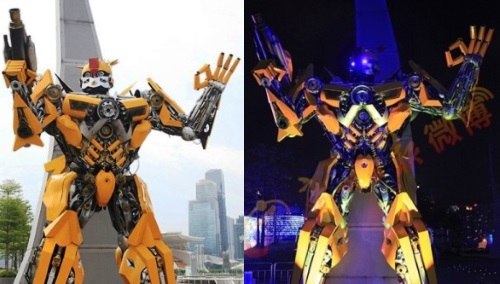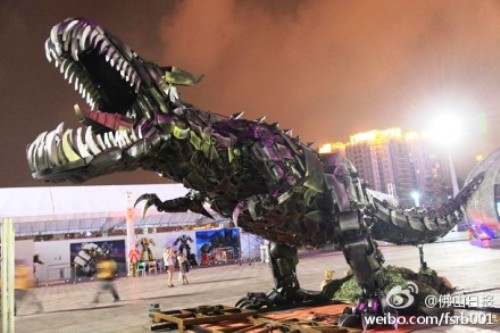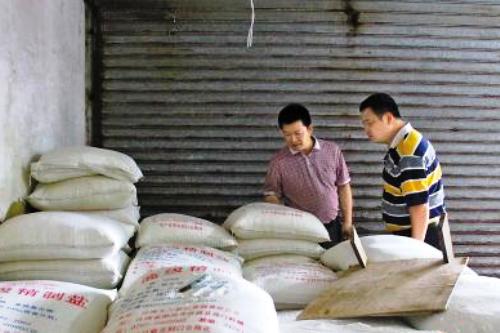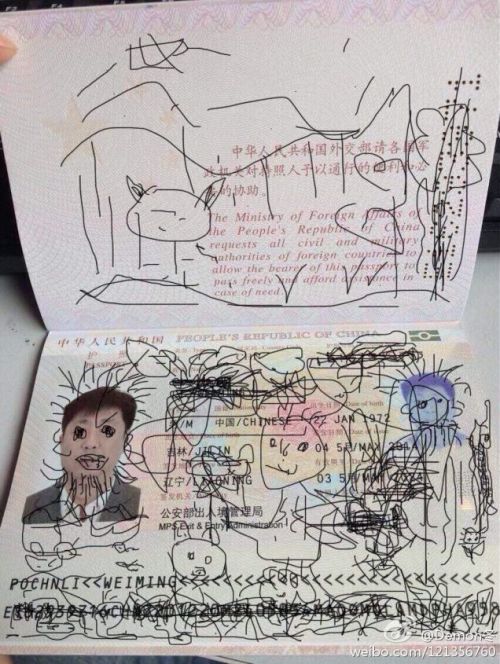Shark Fin Washed In Hydrogen Peroxide Sold To Unwitting Consumers
Posted: 07/15/2014 1:28 pm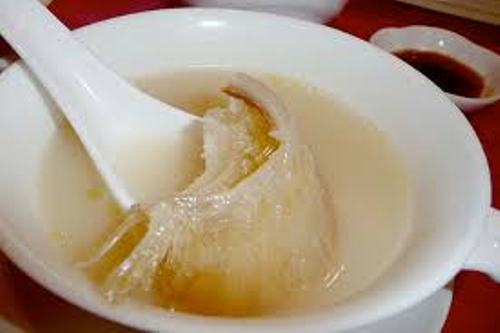 While there is a growing social stigma attached to consuming shark fin in China, it is by no means banned. Animal rights activists like Yao Ming have had some measure of success persuading diners to pass on the expensive dish, but there may be a easier way to discourage consumption: to expose the health risks of eating improperly prepared shark fin.
While there is a growing social stigma attached to consuming shark fin in China, it is by no means banned. Animal rights activists like Yao Ming have had some measure of success persuading diners to pass on the expensive dish, but there may be a easier way to discourage consumption: to expose the health risks of eating improperly prepared shark fin.
A recent raid by the South China Sea Customs Police found a shark fin processing ring that has been noted for its use of hydrogen peroxide. Hydrogen peroxide is dangerous and can act as a carcinogen when consumed.
The fins were first purchased in bulk, and their dark skin removed. As a way to eliminate the smell, the fins were then immersed in industrial hydrogen peroxide. After drying in the sun, they were packaged without even being washed.
The South China Sea Food and Drug Inspection Bureau seized 384 kg of shark fin on June 19 and made five arrests related to the ring, reports Southcn.
Hydrogen peroxide is mainly used as a bleaching agent for paper, pulp and textiles, but has served as a host of other uses including medicinal, as a rocket propellant, and as an explosive.
High concentrations of hydrogen peroxide, such as more than 40%, are considered hazardous according to US regulations and can lead to cancer.
Photo: Southcn, asia society



